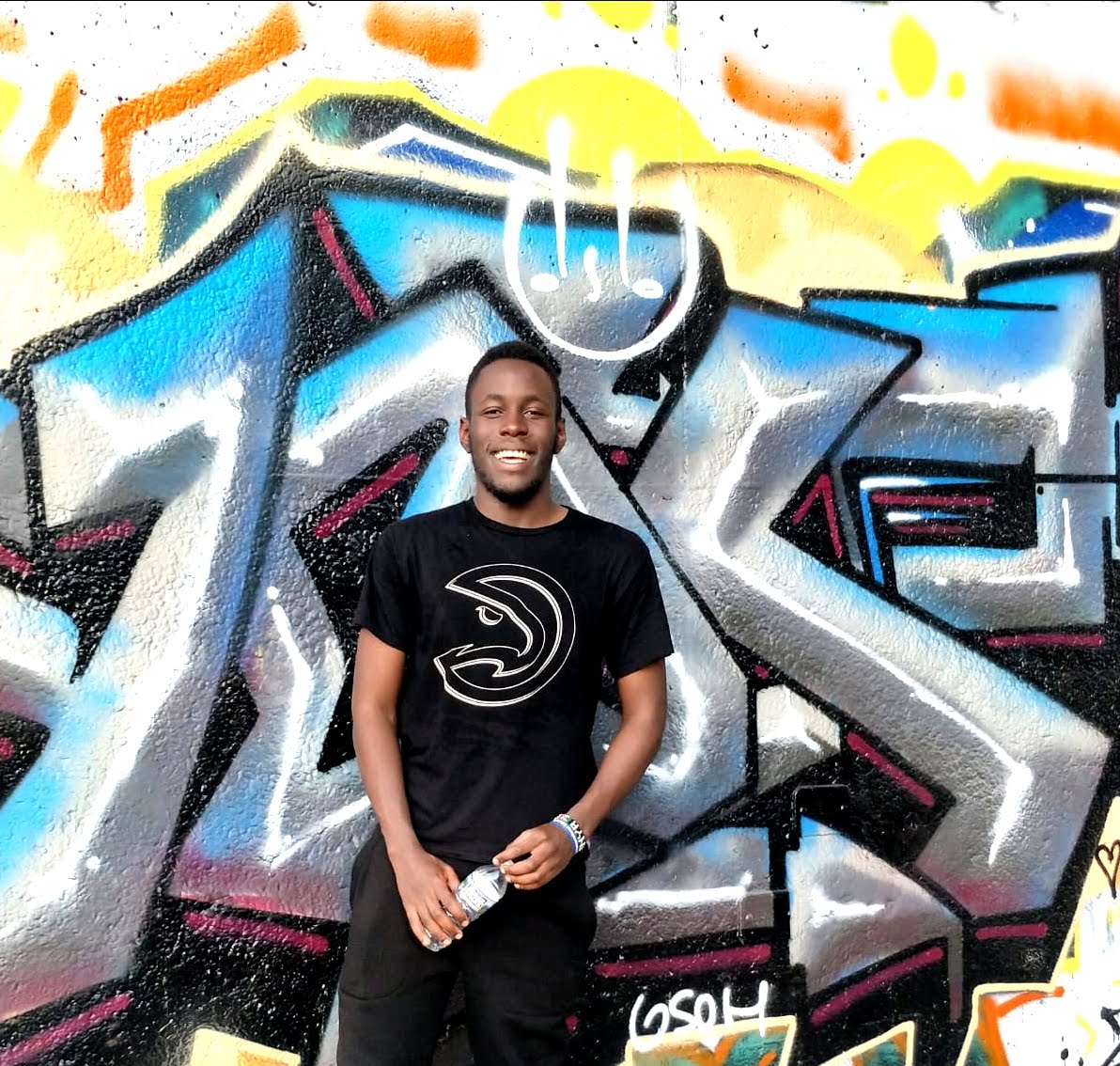Welcome to our new section, Thrive on Campus, devoted to covering the urgent issue of mental health among college and university students from all angles. If you are a college student, we invite you to apply to be an Editor-at-Large, or to simply contribute (please tag your pieces ThriveOnCampus.) We welcome faculty, clinicians, and graduates to contribute as well. Read more here.
As a child, my favorite superhero was always Batman.
Something about an ordinary billionaire taking on the scourge of Gotham City with only his tact and a few modified weapons always seemed to appeal to my inner 10 year old.
I would stay up late, clad in my dark pajama set, recreating scenes from the movies in my bedroom assuming that one day I would get the chance to rescue my city from supernatural assailants.
Although we were in no way as wealthy as the Wayne family, the 90s did not offer up many superheroes for young children such as myself to look up to; other than Batman, the only other prominent heroes were Superman and Spiderman and their abilities were a tad too unrealistic for me.
However, for the last decade or so, Stan Lee has breached the realms of possibility with his Marvel universe introducing countless heroes and heroines for modern day children to look up to.
Parents all around the world scoff at their children for spending countless hours glued to either their televisions, or comic books, without really understanding the psychological boost such fictional characters hold on young minds.
As children, we are entirely dependent on our guardians for essentially everything. Whether it is meals or a ride to school, our parents control every aspect of our day-to-day lives.
However, psychologically, children battle numerous demons without relying on the comfort of a parental safety blanket.
Elements of peer pressure become rampant with different groups attempting to coerce them into immoral acts. In addition to that, their self-esteem is constantly torn down by unpleasant experiences in areas such as schools and playgrounds.
However supportive one’s parents may be, children have to navigate this developmental mine field by themselves.
During these trying times, children require support, however intangible, so as to feel better about themselves. Just as my 10 year old self recreated Batman’s iconic battles with the Joker in my pajamas, modern day children need a release; someone they can look up to in times of crisis.
In fictional heroes and heroines, Stan Lee offered role models through which children can learn morality and proper ideals. With most plotlines revolving around an upright hero/heroine overcoming an evil foe, children get to see that, nine times out of ten, good triumphs over evil.
Marvel heroes also offer solace whenever children are suffering with self-doubt or struggling to fit in amongst their peers. Theirfavorite hero doubles up as both their inspiration and their imaginary friend. In times of crisis, they can channel their inner IronMan or Thor thereby reinvigorating them for the challenges at hand.
Stan Lee may have seemed like an opportunist who simply took advantage of a gaping loophole in the entertainment industry when in fact, his franchise offers hope to millions of children across the world. Belief that they could one day mimic their favorite superheroes generates an aura of self-belief that they can carry with them even through the most daunting challenges.
As we mourn Stan Lee, let us remember him not only for his action-packed blockbusters, but also for his impact in tackling low self-esteem in children.
Numerous people will be binge watching Marvel marathons in honor of the fallen great and they can be sure I will be right there alongside them; R.I.P. Stan Lee, your impact will live on for decades to come.
Subscribe here for all the latest news on how you can keep Thriving.
More on Mental Health on Campus:
What Campus Mental Health Centers Are Doing to Keep Up With Student Need
If You’re a Student Who’s Struggling With Mental Health, These 7 Tips Will Help
The Hidden Stress of RAs in the Student Mental Health Crisis


